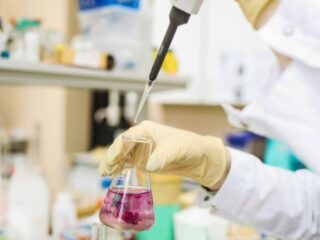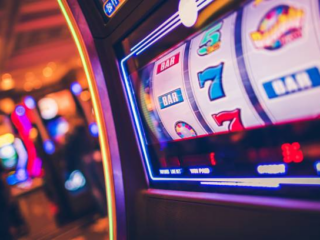
Recovery is a deeply personal journey, often shaped by unique experiences, challenges, and goals. Traditional methods such as therapy, group meetings, and medication have been cornerstones of support for decades, but in recent years, new and innovative approaches have emerged. These approaches aim not only to address symptoms but also to empower individuals to rediscover purpose, resilience, and a healthier sense of self.
Creating a Safe Environment
Innovation in recovery also involves creating environments where individuals feel safe and supported. Compassionate spaces allow for vulnerability, reflection, and growth without fear of judgment. For example, organizations such as Safe Haven Recovery are dedicated to fostering these nurturing spaces, combining proven methods with individualized care. Having access to such environments can make the difference between short-term progress and lasting transformation.
Shifting Toward Holistic Healing
One of the most significant changes in modern recovery is the shift toward holistic healing. Instead of focusing solely on the immediate problem, holistic methods address the individual as a whole. This includes mental, emotional, physical, and spiritual health. Practices such as mindfulness meditation, yoga, and breathwork help reduce stress while also building self-awareness. Nutritional guidance and exercise are equally valued, as a healthy body supports a healthy mind. By weaving these elements together, people can experience recovery as an integrative process rather than an isolated challenge.
Creative Therapies for Expression
Art, music, and drama therapies are increasingly recognized as powerful tools for recovery. These creative outlets allow individuals to express emotions that might be difficult to articulate in words. Music therapy, for example, can help regulate emotions and create a sense of calm, while art therapy provides a nonjudgmental space to process complex feelings. These methods not only support self-expression but also build confidence, reduce anxiety, and foster new coping skills that are vital for long-term healing.
Technology as a Companion in Recovery
Technology has opened doors to new support systems that were once unimaginable. Apps designed for mental wellness, guided meditation, and habit tracking give people tools they can use anywhere and anytime.

Online support communities offer encouragement for those who may feel isolated, and virtual counseling sessions provide access to professionals from the comfort of home. Even wearable devices can now monitor stress levels and sleep patterns, helping individuals track progress and adjust their recovery routines.
The Power of Peer Support
While professional guidance is essential, peer support can be equally transformative. Many people find strength in connecting with others who have walked a similar path. Peer-led groups and mentorship programs foster a sense of belonging and accountability. This form of support often creates lasting relationships that go beyond the recovery journey, reinforcing the idea that healing thrives in community.
Nature and Outdoor Healing
The natural environment plays a profound role in mental well-being. Time spent outdoors has been linked to reduced stress, improved mood, and greater clarity of thought. As a result, many recovery programs now integrate outdoor activities such as hiking, gardening, or wilderness therapy. These experiences reconnect individuals with the environment, providing both physical rejuvenation and a reminder of life’s larger rhythms. The grounding effect of nature can help people feel more present, resilient, and optimistic about the future.
Personalization as the Future
No two recovery journeys are the same, and innovative approaches are increasingly embracing personalization. Programs are moving away from one-size-fits-all models, instead tailoring support to each individual’s needs, preferences, and goals. Whether through specialized therapies, flexible scheduling, or a blend of traditional and alternative practices, the emphasis is on creating a recovery path that feels meaningful and sustainable.
A New Chapter of Healing
The landscape of personal recovery is evolving, blending science, creativity, technology, and compassion. Innovative approaches are no longer just about addressing immediate struggles—they are about equipping individuals with lifelong tools for resilience and well-being. Recovery is not a linear journey, but with new pathways available, people are finding greater freedom to shape their own stories.














